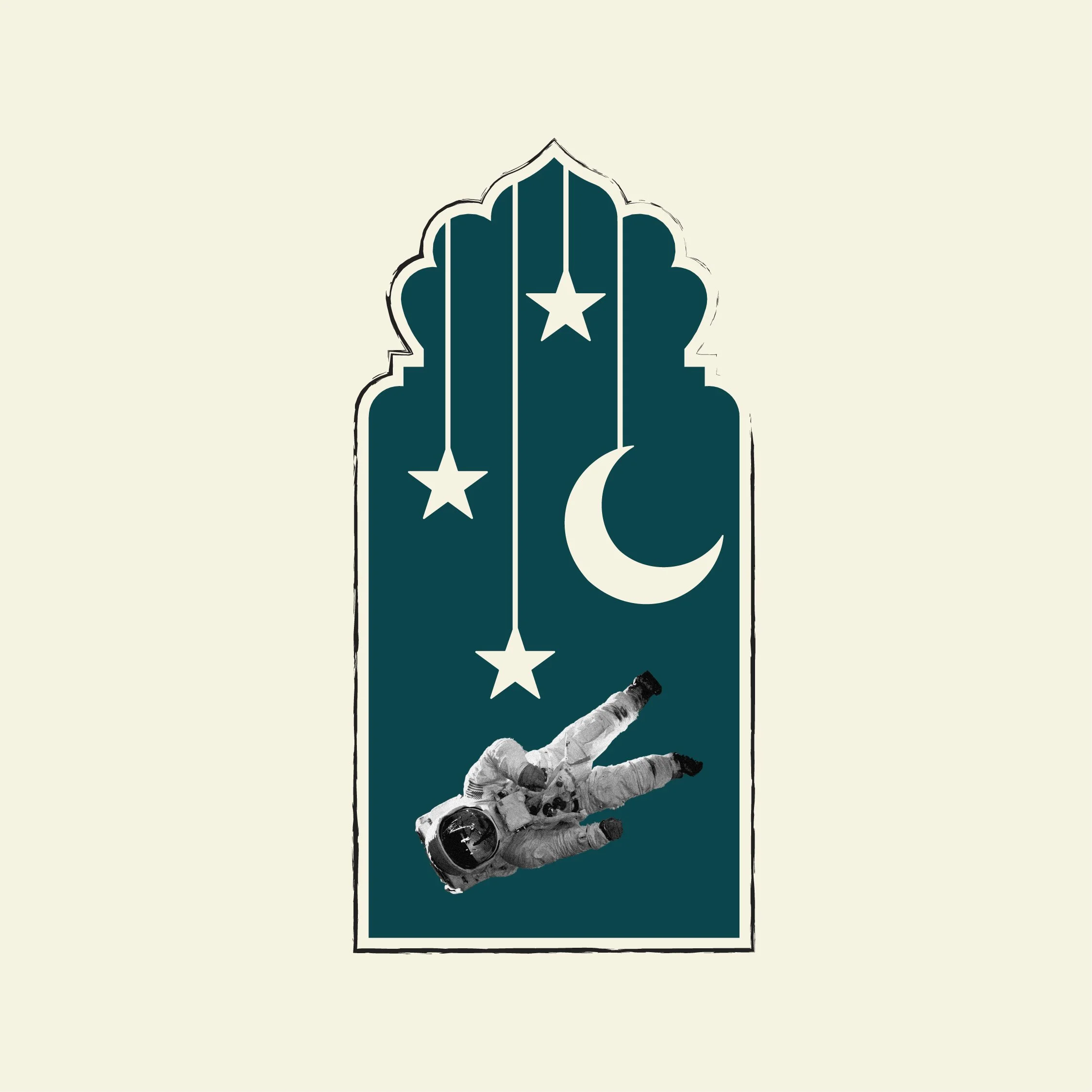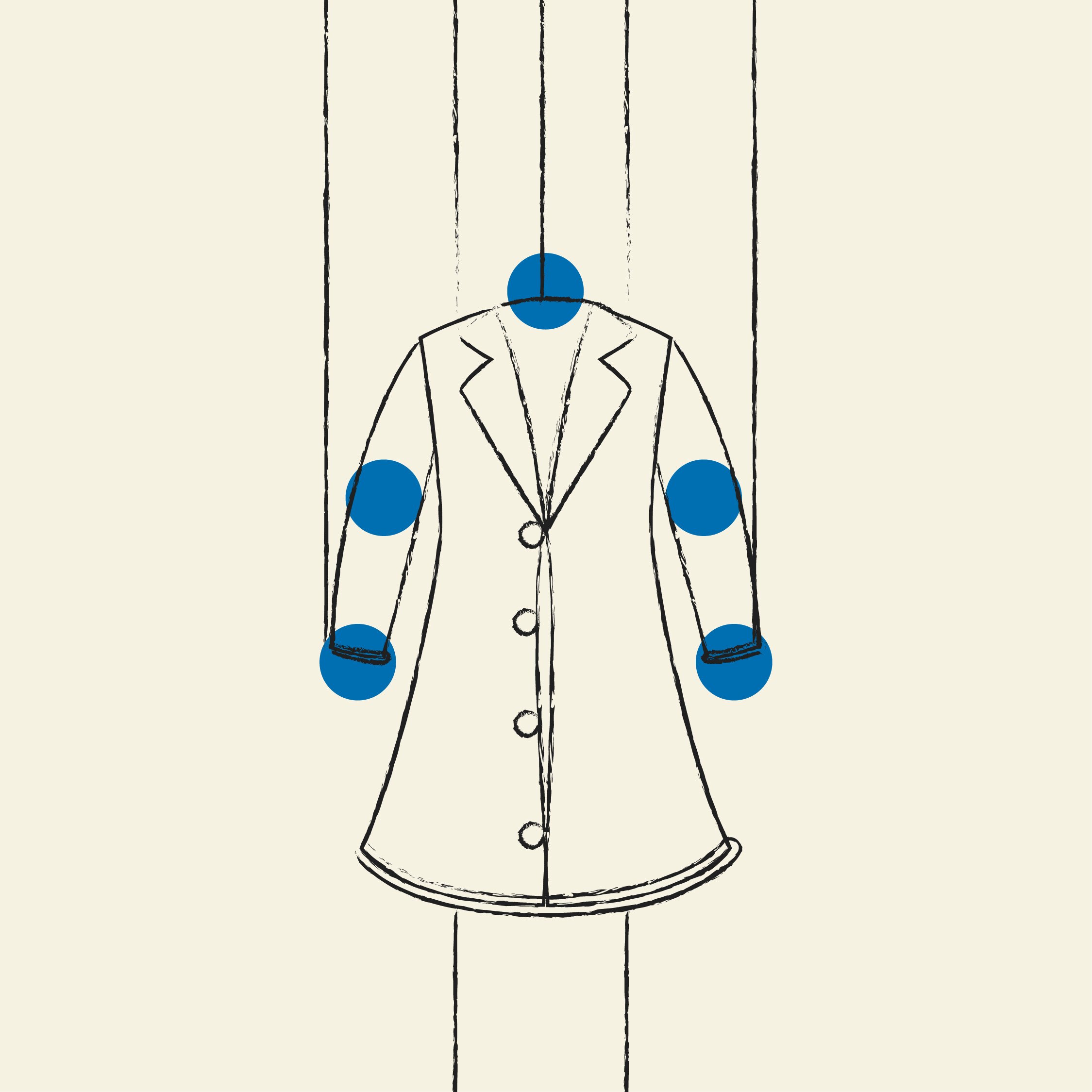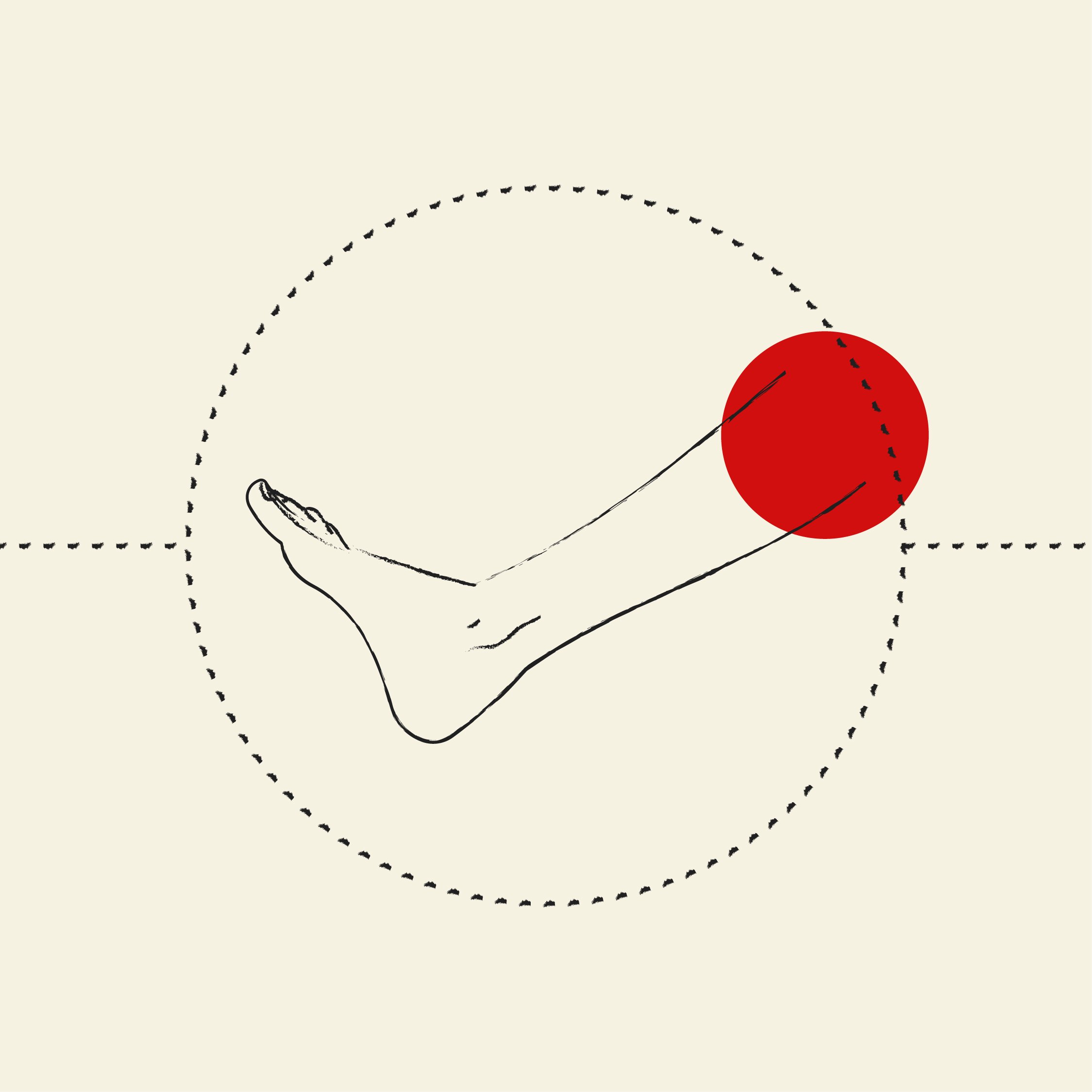The Competition of Unfinished Stories
“He had neither family nor tribe to be proud of, except for Neil Armstrong, who set foot on the Moon the day he was born.”
AUGUST 19, 2025
He turns his attention to the course book; they’ve barely started the third month of classes and it’s already falling apart from negligence. The cover, scrawled over with random doodles, is beginning to fall off. He glances over the pages, the other teachers’ signatures, the different kinds of handwriting, the titles of courses and their accompanying assignments. He coughs a few times, trying to clear the itch in his throat, and tears well up. He wonders what the philosophy teacher, Hûrî Xanim, would say; he ran into her at lunch yesterday on his way into the teachers’ lounge, and they talked awhile about his throat problem. “You’ve got laryngitis, Sertac,” Hûrî Xanim said to him, and then with the demeanor of a pedigreed doctor she listed off the many and varied symptoms of the condition and advised him to cut back on smoking—though it’d be best to quit altogether, of course. No, he can’t do it. He can’t quit cold turkey. He is the kind of man who burns through his cigarettes, even during Ramadan. Certainly not in the teachers’ lounge, though, not for the whole Community of Believers to see! Every ten minutes or so he would go to the computerless computer room and shamelessly roll a cigarette. Up till now, nobody—not a soul!—had said anything to him about the fact that he didn’t fast or pray. Nor had they ever asked him whether he believed in God. From day one they had taken a liking to him, hadn’t bothered him, hadn’t interrupted him, hadn’t asked about his past. One day he might mention Ibn Khaldun’s Mukeddîme, the next, he might talk about Seyîd Qutb’s Fîzilal’îl
Qur’an; he might draw everyone’s attention by his use of the concept of parrhesia, his commitment to truth; or else he might tell them “I am a socialist Muslim” with as much sincerity as he could muster. He had gone to their homes, sat at their tables, met their spouses. And yet, despite that, he felt ill at ease. Either he was exceedingly apprehensive, or else there was something to them he couldn’t quite put his finger on that gave him reason to be distrustful.
Sertac dug in his feet, though, deciding to throw a tantrum. “You’re throwing your son to a bunch of stark-raving fundamentalists!
It had been a hot September day two years earlier when, diploma in hand, wearing his first—and at the time only—two piece suit, oversized and faded as it was, along with his newly polished shoes, too small for his feet, he climbed the marble stairs of the school, beads of sweat on his broad, shining forehead, and entered underneath the weather-worn sign with the school’s name. He hadn’t yet been made the art teacher. Because before any of the new hires could become proper teachers, they would have to impress the principal and department
heads, and eventually the Community of Believers as well, especially the most zealous among them; as a consequence the new hires were hopeless, effectively interns. No, the Imam Hatip School for training imams and clerics wasn’t his cup of tea[*], nor had he come there of his own volition. But his father, Fethî (Fethî the Postman), gave him the most fatherly advice in order to get him to start working and look to the future, and beyond that to ease his own mind. “In the end, it’s a school, it’s tied to the ministry, so what does it matter to you what they do there? You go, you teach, and you leave. So go already, go and get to work!”
Sertac dug in his feet, though, deciding to throw a tantrum. “You’re throwing your son to a bunch of stark-raving fundamentalists! Me and religion, me and Imam Hatip? What am I supposed to do there, pray and fast? I don’t even know how to perform ablutions. I haven’t the slightest idea what direction Mecca is, and now you’re telling me to go to the Imam Hatip School. Why would I go? If you think it’s so easy, why don’t you go instead? Go on already, here’s my diploma!”
His father glared back at him. “Good Lord, you’re a fool. God as my witness, it’s as though I’m telling you there’s not a cloud in the sky and you’re convinced it’s going to rain. My boy, my son, please listen to your dad; you won’t be on your own, there’s bound to be many others like you at the school. Fundamentalists, good grief. Get out of here, get out of my sight!” He continued grumbling. “Fundamentalists, huh? Of course. God, you have no idea how ridiculous you are . . . I don’t give a fuck whether you go or not! God grant me strength, forgive me.” And as his dad said goodbye, he repeated what he said. “You have no choice, son.”
His dad was right; Sertac didn’t have a choice, and for a few months, he would be teaching courses on Husn-î Xet, Arabic calligraphy, owing to his skill in all the fine arts except for painting and to his elegant penmanship. But something strange happened on his first day, something he only mentioned to Hûrî Xanim. Nobody told him how he should act in a school of prayer and supplication, nor how he should address students, especially in their first meeting, and so with what he could remember from his on-the-job training, he walked into the classroom—the very one he found himself in now, tearily staring at the tattered course book—as sure of himself as he could be, even a little arrogant, and when the students all stood up with the appearance of the new teacher and waited for his instruction, he proclaimed, a little too loudly and forcefully in Turkish, “Good morning, friends!” But only a few students, one of them being Alî Osman, greeted him back, and so, a little shaken, he walked over to his chair, leaving his pride on the lectern, and busied himself—the same as he was doing now—with whatever was on his desk.
Yes, that’s exactly what had happened. And his father, who had never shown any interest in him either as a child or as an adult, who had never come home with toys, candy, or chocolate for his son, finally acted like a real father and took an interest in solving his problem.
He thought back on his childhood years; what weird fucking times those were.
Thinking about that period of his life, a bitter smile spreads now across his face. His dreams were a thousand times greater than those of his mom, his dad, his brother, his uncle, his dimwit aunt, and the collectively bankrupt, down-and-out people of Zerdav, but he can’t figure out why.
Sertac was a poor child who came into the world in the Lower Quarter of Zerdav one hot summer day. He had neither family nor tribe to be proud of, except for Neil Armstrong, who set foot on the Moon the day he was born. The hero Neil was a dear friend to Sertac[†], riding on his Apollo 11 every night to come visit and tell Sertac stories of the Moon, of his journey there and the reasons he stayed there, and, especially, of its craters, until Sertac fell asleep.
Sertac’s father, Fethî (Fethî the Postman), worked in the Zerdav post office, and according to his calculations, in precisely four years, six months, and fourteen days, should God and the Prophet permit, he would buy a big, breezy, sun-filled house in the Upper Quarter, one with working sinks, for the kids.
At the time, Sertac was barely six years old and hadn’t yet started school. On sunny, beautiful days he would go with his dim-witted older brother, Nizam, to the square in the Lower Quarter. There he’d scuffle with the other kids, wanting to play ball. After making pretend peace with them, he’d run after the rubber ball that was the treasure of the Upper Quarter kids until the sun set. He and his brother would return home filthy, walk from the gravel road to the water drum, careful and afraid, and rinse their faces, before going inside to sit down to dinner with the rest of the family.
Sertac poured his heart out to Neil, hoping the astronaut would bring him to the Moon and find him a mother who wouldn’t beat him with her slipper. A mother who would love him, who would feed him meat and bananas.
His brother ate whatever was put in front of him without objection, even if it was no more than cheese and bread to sate him. But even as a young boy, Sertac had a refined palate, wanting to eat meat at every meal, and his mother would give him a tongue-lashing every time. “You and Fethî, men who eat meat! You think you’re worth more than sweet Nizam? Shut up and eat! You don’t like it? You can eat Nizam’s balls!”
At that, Sertac would usually leave the table and put a spoonful of EVET[‡] oil on his bread, topping it off with powdered sugar and eating it slowly without making a sound. If he made a sound, he knew his mom would appear, slipper in hand, what do you think you’re eating, and beat him till kingdom come. When that happened, Nizam pretended like he had to study, taking himself into the big room where the Ataturk[§] poster hung on the wall and staring at that poster for hours without coming out.
Nizam wasn’t anywhere near as brave as Sertac. The moment he got a whiff of a coming beating, he would piss himself and succumb to tears, his cries earsplitting, wah wah wah. Though she knew Nizam would have pissed himself, their mother never could bring herself to use her slipper on him to punish him. No, it was always the same story: Sertac had poured water from the pitcher on Nizam’s pants; it was his fault, not Nizam’s.
Their mom doted on Nizam; he was her one and only. She would stroke his head, always buzzed bald and covered in bruises, comforting him with sweet words; she would always call him to her so she could read him a juz from the Qur’an. Was Nizam her only child? What about Sertac? One day the aunt his mother hated said to Sertac, “He stole your mother’s milk, little lamb.” But how could a mother’s milk be stolen? Sertac poured his heart out to Neil, hoping the astronaut would bring him to the Moon and find him a mother who wouldn’t beat him with her slipper. A mother who would love him, who would feed him meat and bananas.
One day he asked Neil if there were bananas on the Moon. Neil smiled and replied to his friend, “Well, of course there are. That’s where the best, most delicious bananas are.” Sertac continued with his line of questioning. “Do you know why I asked?” Neil clicked his tongue and shook his head. “How would I know, Sertac?” Sertac whispered into Neil’s ear, “Because . . . I’ve never eaten a banana.” The sentence broke Neil’s heart. He put his hand on the Holy Qur’an and swore that on his next visit he would bring Sertac Moon bananas.
Neil kept his word, and though he couldn’t come himself, three days later, his promised bananas arrived. Sertac’s father appeared at the door carrying a bag full of bananas, and Sertac threw himself on the ground in front of him and began screaming, “Dad, bananas! Dad, bananaaaas! Dad, baaaaanaaanaaaaas!” But before his father could even reply, his mother cut in. “What’s all this going bananas for bananas, you miserable little wretch?” His share of the bag that night would be barely half a banana, but he lost no time in consuming it—he was so excited about it, in fact, he hadn’t been able to eat his dinner. He went into the big room where the poster of Ataturk was hanging and smelled the banana for a long time, then licked it like it was ice cream, which didn’t give him much pleasure. Then, afraid of Nizam, he put the whole thing in his mouth and swallowed before going to ask his mom for the banana peel. In addition to the half a banana that night, he ate not one, not two, but three blows from his mom’s cruel slipper, and though he went to bed to “conk out,” sleep, as usual, wouldn’t come.
The whole family slept in the same room. His bed was next to Nizam’s, a few meters from the stove, while his parents’ was farther away and right by the stove. His mom started whispering, and in no time those whispers turned into sighs and moans, reaching Sertac’s pricked-up ears in waves; in the darkness Sertac couldn’t figure out what was happening, who was doing what to whom. Whatever they did, some weeks after he heard those whispers, his mother’s stomach began swelling up. As it did, the kids of the Lower Quarter began talking about her.
The kids of the Lower Quarter had such filthy mouths; it was truly shameful. Never mind the way they competed to outswear one another’s moms and sisters, all for a top or a tigereye marble! They could rattle off their swears so fast, Sertac could seldom figure out who said what and what was said to whom. Those who had sisters had an advantage over those who didn’t—for the time being, he was one of the latter. Because it would always start with other kids’ sisters, then their moms, followed by aunts and sisters-in-law and even cousins; sometimes it even reached all the way to grandmas. It was quite possible to gain a comprehensive education in the full anatomy of a woman by way of these expletives. Sure, they were joking, but when the jokes turned to shit and people started throwing punches and rocks, someone was almost always left in tears. Somebody would get a black eye or start bleeding, and it always made Sertac’s stomach churn. He had to practically run in circles to avoid the rocks they rained down on one another.
Cusses and rocks were both things Neil did not tolerate, and he had promised Sertac he would purge the Lower Quarter of all cusses and rocks. But he was not well. In fact, he was fighting off disease. One night, he turned to Sertac, his only friend in the world, and choked out his tragic prognosis. “It’s cancer.” He asked Sertac for a prayer rug and the Qur’an and whispered, “Ablutions.” Sertac ran to fetch the prayer rug and the Qur’an, and after thanking him, Neil took the book with a dramatic flourish and placed it next to the prayer rug. After he prayed, he read a few ayahs from the Qur’an, his voice soft and weepy. Because the time had come to say goodbye, and Neil was truly overcome with emotion. He gestured for Sertac to come close. Closer. There was something he needed to tell Sertac. It was a strange and devastating scene, Neil in a fetal position on the prayer rug. They both waited for death to arrive, when suddenly, and in an instant, it did, and his color faded away.
[*] One time—I must have been in my early twenties—I was an election observer for one of the now-shuttered Kurdish political parties in a highly contested electoral district in Turkey. The polling station was an Imam Hatip School, and a police officer, upon seeing my credentials, drew his gun and commanded me to exit. This doesn’t tell you about what Imam Hatip Schools do, I know, but maybe it tells you something about why they might not be Sertac’s “cup of tea.” (Trans.)
[†] Unfortunately, because of Neil Armstrong’s untimely demise, this claim could not be independently verified. (Trans.)
[‡] Evet: the Turkish word for “yes,” and also the name of a brand of cooking oil once widespread in Kurdistan. (Trans.)
[§] Astute readers will note the absence of the umlaut in Ataturk’s name here. No such letter exists in the Kurdish language. Given Sertac’s own insistence on the mortal difference a diacritic makes; given Turkey’s decades-long prohibition on the letters X, W, and Q, which are in the Kurdish alphabet but not in the Turkish alphabet; given that Kurds have been arrested and criminally prosecuted for using these letters; and given that Ataturk is the father of Turkey’s language policy, we should feel comfortable withholding from him the courtesy of his umlaut. (Trans.)
From The Competition of Unfinished Stories by Sener Ozmen (translated by Nicholas Glastonbury), available November 4, 2025 from Sandorf Passage.



